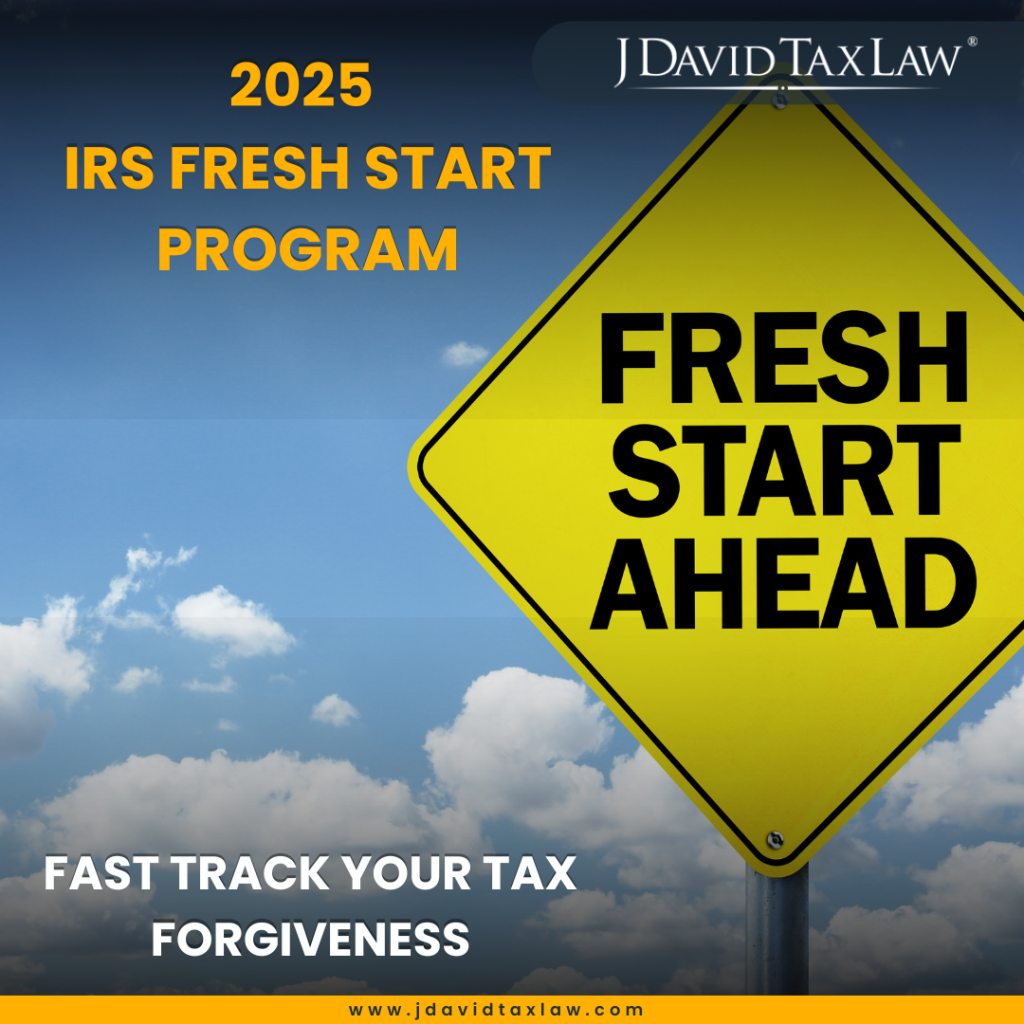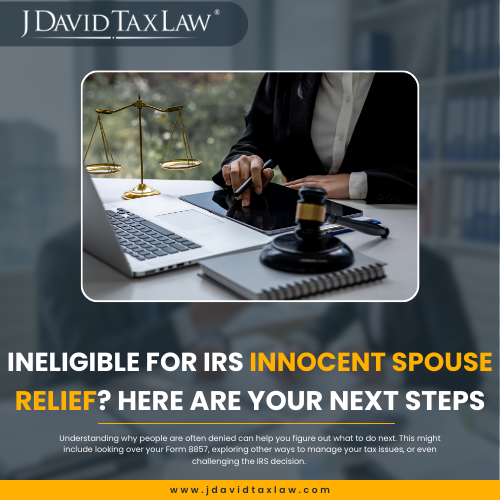A payroll tax attorney specializes in assisting individuals and businesses facing issues related to payroll taxes, including defending against tax liens. They provide expert guidance on resolving payroll tax disputes, negotiating with the IRS or state tax authorities, and developing strategies to minimize or eliminate tax liens. By analyzing your specific situation, a skilled payroll tax attorney can provide the necessary defense to protect your interests and work toward a favorable resolution. Contact J. David Tax Law to get started on your free consultation and get your payroll taxes on track.
What is a Payroll Tax Lien?
Payroll tax liens can be a major concern for businesses, often resulting in financial distress and potential legal consequences. Understanding the implications and procedures surrounding payroll tax liens is crucial for businesses to navigate this complex issue effectively.
A payroll tax lien is a legal claim imposed by the government on a business’s assets due to unpaid payroll taxes. These taxes are typically withheld from employee wages for income tax, Social Security, and Medicare obligations. When a business fails to remit these taxes to the appropriate government agency, such as the IRS or state tax authority, it may trigger the imposition of a payroll tax lien.
Let’s consider an example to highlight the severity of payroll tax liens. Imagine a small business struggling financially and falling behind on its payroll tax obligations. Due to difficult economic conditions or mismanagement of funds, they failed to remit the necessary taxes to the IRS. As a result, the IRS may impose a lien on the company’s assets, including bank accounts, property, and accounts receivable.
The implications of a payroll tax lien can be far-reaching, posing significant challenges for businesses. Think of it like a dark cloud hanging over the company’s operations and financial stability. First and foremost, a lien hinders a business’s ability to borrow funds or secure credit since it signals a higher level of risk and reduced asset value due to encumbrances.
Furthermore, payroll tax liens can have serious consequences on day-to-day business operations. The IRS or state taxing authority may freeze bank accounts, seize assets, or even initiate levies on ongoing revenue streams like accounts receivable or future customer payments. This can lead to disruptions in cash flow and potentially cripple a business’s ability to meet its financial obligations.
Additionally, payroll tax liens can damage an organization’s reputation in ways that extend beyond financial implications. News of a tax lien can spread quickly, eroding customer trust and business confidence. Suppliers and business partners may become concerned about the company’s reliability and ability to fulfill commitments, further exacerbating the challenges faced by the affected business.
Businesses must understand the root causes that lead to payroll tax liens. By identifying these underlying issues, proactive steps can be taken to prevent their occurrence or mitigate their impact.
Role of a Payroll Tax Attorney in Lien Defense
J. David Tax Law’s skilled payroll tax attorneys expertly navigate the complexities of lien defense, providing invaluable guidance and representation to businesses and individuals facing challenges with payroll tax disputes. Here’s how they make a difference:
Lien Defense Expertise: Our expertise in lien defense is rooted in a deep understanding of tax law. They navigate the complexities of federal and state regulations to protect your business interests.
- Tailored Legal Guidance: Every business’s situation is unique, especially when facing tax liens. Our approach is to offer legal guidance that’s specifically tailored to your circumstances, ensuring the best possible outcome.
- Strategic Defense Development: As your payroll tax attorney, they will study the specifics of your case. By examining your financial records and identifying discrepancies, they can formulate a defense strategy that aligns with applicable laws and regulations.
- Advocacy with Tax Authorities: Dealing with the IRS or state tax authorities can be daunting. The tax attorneys at J. David Tax Law stand as your representative, handling negotiations and aiming to settle your tax issues effectively
Effective Solutions for Resolving Payroll Tax Liens
Types of Tax Levy
1. Property/ Estate Tax Levy
Property tax levies are imposed on the assessed value of real estate owned by individuals or businesses. Local governments, municipalities, and school districts often rely on property and estate taxes to fund public services, education, and infrastructure projects. Estate tax levies, on the other hand, apply to the assets of an individual’s estate after their death. These taxes are designed to collect a percentage of the estate’s value.
2. Income Tax Levy
Income tax levies are directed at the earnings of individuals and businesses. When individuals or businesses cannot pay their income taxes, taxing authorities may issue an income tax levy. This could lead to wage garnishments, bank account seizures, or the seizure of other assets. This impacts an individual’s or business’s financial stability, daily operations and ability to meet other financial obligations.
3. Sales Tax Levy
Sales tax levies are imposed on the sale of goods and services. If a business fails to collect or remit sales taxes, a sales tax levy may be imposed. Businesses must ensure compliance with sales tax regulations to avoid the repercussions of a sales tax levy. This could cause the seizure of business assets, including inventory or other enforcement actions.
4. Business Tax Levy
Business tax levies encompass various taxes imposed on businesses, including corporate income taxes, payroll taxes, and other industry-specific taxes. Non-compliance with business tax obligations may result in a business tax levy. This could involve the seizure of business assets, suspension of operations, or other enforcement actions. It is important to meet tax obligations to avoid the disruptions and financial implications associated with a business tax levy.
Each type of tax levy has its own set of rules and regulations. It is important for both individuals and businesses to understand the specific requirements and implications of each type of levy. Proactive compliance with tax obligations and seeking professional advice can help navigate tax systems, ensuring financial stability and legal compliance.
Tax Levy vs. Tax Lien
Taxation is a complex landscape, and within it, terminologies like tax levy and tax lien often emerge, creating confusion for taxpayers. While both are tools used by taxing authorities to recover unpaid taxes, they operate differently and have distinct implications. Here are their key differences:
Tax Lien
A tax lien is a “legal claim” by a government entity against a taxpayer’s assets, serving as security for an unpaid tax debt. Essentially, it is a public notice that the taxpayer owes money to the government.
When a taxpayer fails to pay their taxes, the taxing authority may file a notice of federal or state tax lien. This notice informs creditors and the public that the government has a legal right to the taxpayer’s property. While a tax lien does not involve an immediate seizure of assets, it can affect the taxpayer’s creditworthiness and financial standing.
Tax Levy
A tax levy is a legal action taken by the government to collect unpaid taxes. It allows the government to seize and sell a taxpayer’s property to satisfy the tax debt. The levy is imposed after the taxpayer is given ample opportunity to pay the taxes owed.
After issuing a levy notice and a specified period for the taxpayer to address the unpaid taxes, the taxing authority gains the legal right to seize assets. This can include bank accounts, real estate, vehicles, and other valuable property owned by the taxpayer. The seized assets are then sold to recover the owed taxes.
Key Differences:
Timing and Action:
Tax Lien: A tax lien is a preliminary action, serving as a public notice of the government’s claim on the taxpayer’s assets.
Tax Levy: A tax levy is a more advanced stage where the government takes direct action by seizing and selling the taxpayer’s assets.
Asset Seizure:
Tax Lien: Does not involve immediate seizure of assets.
Tax Levy: Involves the direct seizure and potential sale of assets to recover the owed taxes.
Credit Implications:
Tax Lien: Adversely affects creditworthiness but does not result in immediate asset seizure.
Tax Levy: This can have more severe and immediate credit implications due to the direct asset seizure.
It’s important to note that a tax levy can lead to a tax lien if the taxpayer fails to pay the tax debt even after the property is seized and sold. In such cases, the government may file a tax lien to ensure that any future assets or income of the taxpayer can satisfy the remaining tax debt.
Prevention Measures for Future Payroll Tax Issues
Remember, the cost of prevention is always less than the cost of resolving tax disputes. For tailored advice and assistance in setting up effective payroll tax management systems, reach out to us. Our team is here to help you navigate the complexities of payroll taxes and safeguard your business's future.
In Conclusion
Navigating payroll tax liens can be a complex and stressful process, but with the right legal support, it’s a challenge you can overcome. At J. David Tax Law, we specialize in providing expert legal advice to people and businesses facing payroll tax liens. Our experienced payroll tax attorneys understand the intricacies of tax laws and are committed to protecting your financial interests.
When you’re up against a payroll tax lien, the stakes are high. Your assets, reputation, and financial stability are on the line. At J. David Tax Law, we excel in meticulously assessing your unique circumstances, crafting tailored defense strategies, and effectively negotiating with tax authorities. We are more than just legal advisors; we are your committed advocates, focused on securing the most favorable resolution for you.
Remember, dealing with a payroll tax lien is not a battle you have to face alone. At J. David Tax Law, we’re here to guide you through every step of the process. Our goal is to safeguard your assets, ensure your financial stability, and provide you with peace of mind. If you’re facing a payroll tax lien, don’t hesitate to reach out. Contact us today for a consultation and take the first step towards resolving your tax issues with confidence.
Frequently Asked Questions
According to a survey conducted by the American Bar Association, individuals who sought legal representation in tax lien cases had a significantly higher success rate in having liens released or reduced compared to those who represented themselves.
According to a survey conducted by the American Bar Association, attorneys with a speciality in taxation have higher success rates in resolving payroll tax issues. Therefore, partnering with J. David Tax Law, who has the necessary qualifications and expertise in this specific area of law, is crucial.
According to recent statistics, the IRS collected over $59 billion in payroll taxes through liens and levies in the last fiscal year alone. Hiring a knowledgeable attorney can help navigate the complexities of payroll tax law and ensure compliance, minimizing the risks associated with liens.
According to recent statistics from the IRS, there has been a significant increase in the acceptance rate of offers in compromise, making it a viable strategy for defending against payroll tax liens.
According to recent statistics, in 2022 alone, the Internal Revenue Service (IRS) issued over 3 million liens related to unpaid payroll taxes, highlighting the significance of this issue for businesses. Seeking expert legal advice from J. David Tax Law can help you navigate through these complexities and defend against liens effectively.





















